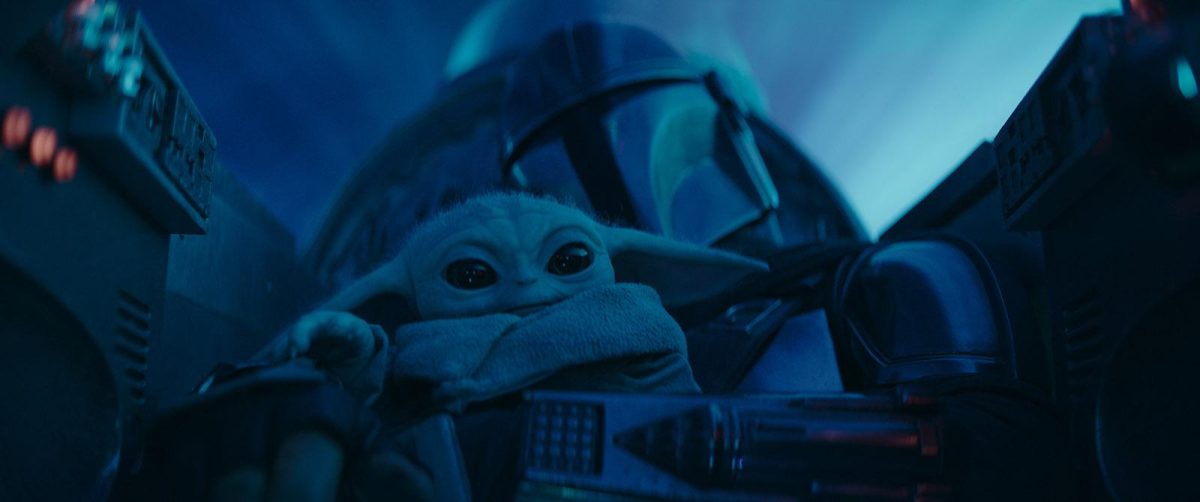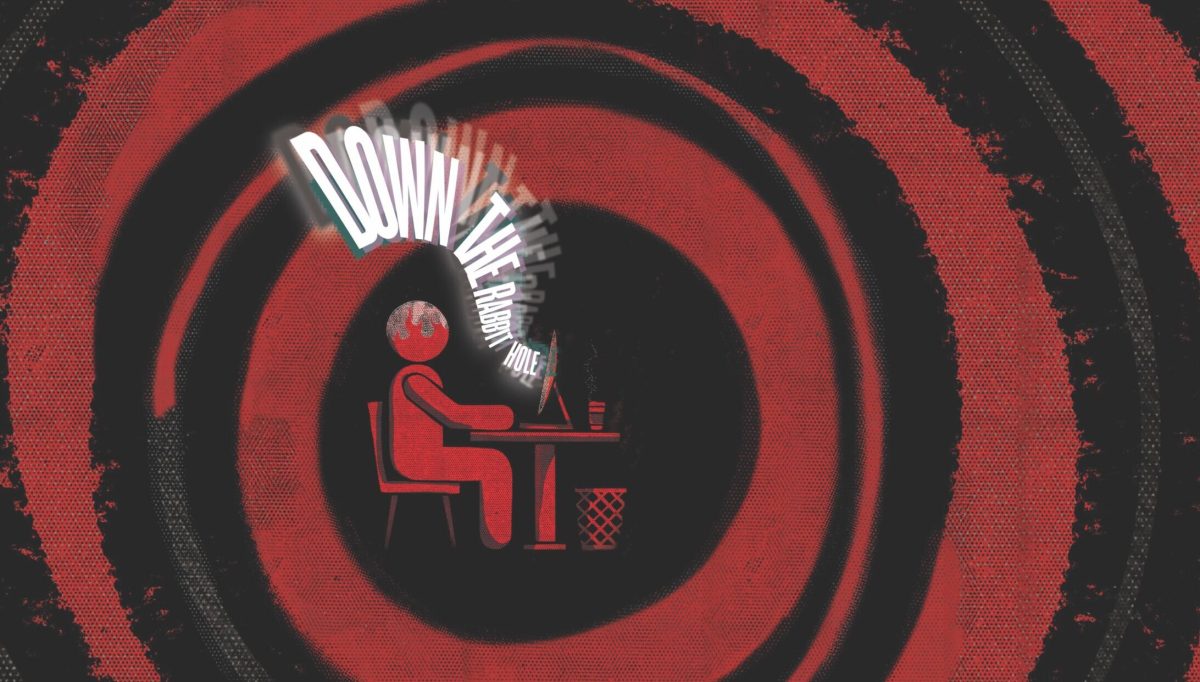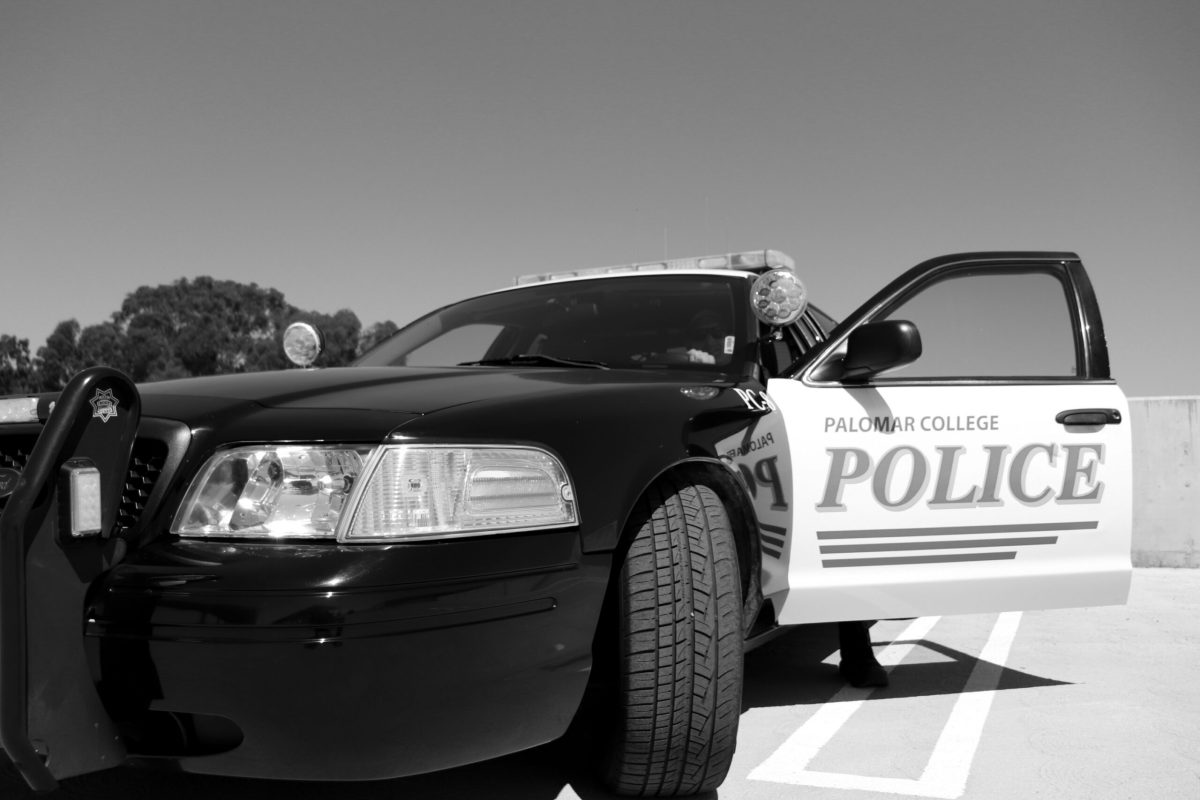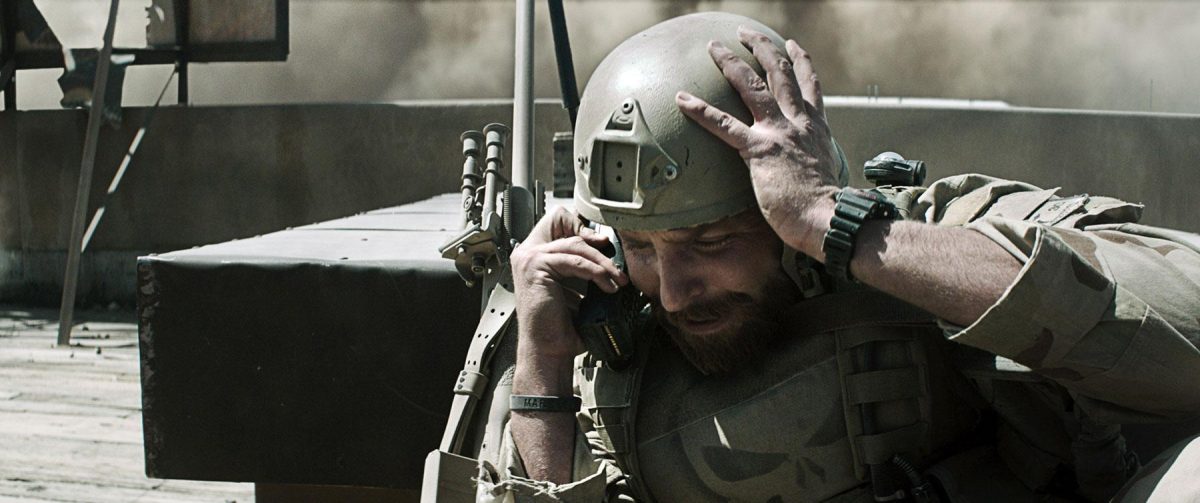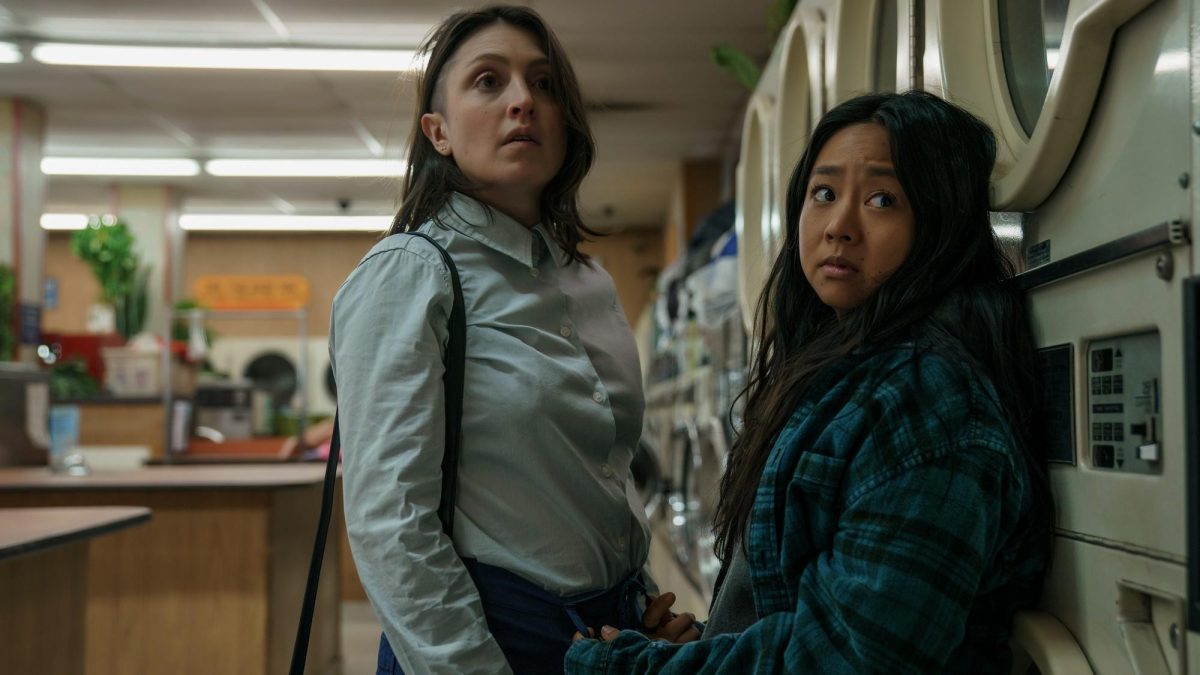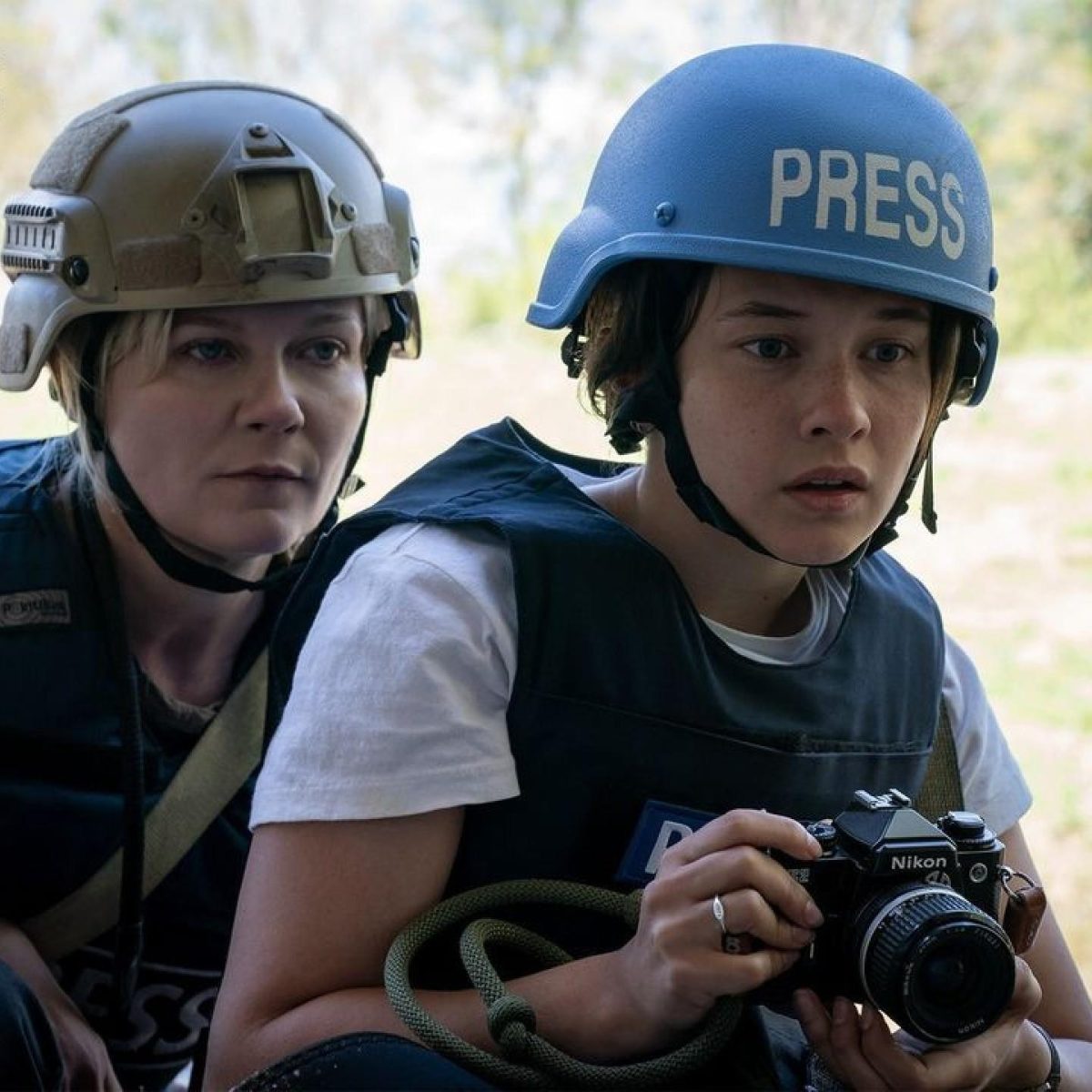“American Sniper,” one of the Oscar screeners this year, was a heart-felt, action-packed re-tell of a true story. Along with must-see war films such as “Black Hawk Down” and “Jarhead,” this movie gives viewers a sense of what it is like to be a soldier and how it might affect those in your immediate circle.
The film provokes thought and emotion about topics the average person doesn’t normally consider. Although it does not exactly mirror the book, the movie does a good job of giving an overview of the real story and is definitely a film to see.
Directed by Clint Eastwood, “American Sniper” follows the story of a Navy Seal, Chris Kyle, who gave his life to protect his country. One of the most integral parts of the film is the scene in which his father takes him hunting.
At a young age, Kyle was taught discipline, concentration, and patience when making a shot. This helps him to become “The Legend” later on in the film.
Kyle, played by Bradley Cooper, starts off as a native Texan with zero direction in regards to his life plans. After realizing that there is a war to be fought, the war on terror, at 30 years old he decides to join the Navy Seals. He goes through intensive training and endurance drills. While going through sniper training, Kyle meets Taya, played by Sienna Miller, and he decides to build a family with her before he leaves for his first tour.
As the story unfolds, there are many points of view in regard to the Navy Seal and how his actions were either recognized or questioned. After viewing the film, Hollywood has given a glamorized account of how war can be and an underlying immoral theme.
The film gave the audience a feel for what war can be, seemed to gloss over the more serious topics such as the deaths of soldiers as well as Iraqis, the politics behind the war, and the effects that war has on soldiers and their families.
The pride soldiers take in their country, the dedication to a duty of service, and pure patriotism were all spot on. The film seemed to push this universal theme of Utilitarianism, the intentions or actions do not matter as long as there is a means to an end.
During the four tours Kyle endured, he missed out on memories with his family, his children growing up, and experiencing civilian life with his wife. He had such a hard time “being human” that his marriage was slowly fading. At one point during the film, Taya begged for him to stay yet he went back to Iraq for another tour. When she questioned why he did it, his response was “I do it for you, to protect you…I have to serve my country.”
Does the cause justify the loss? This could be seen as a message that sacrifices must be made no matter what the cost is because there is a cause to fight for.
Chris Kyle was named a legend for his decorated service and over 150 confirmed kills that saved his team as well as Iraqi people. Did the movie intend to have some underlying propaganda message? There were a few scenes in which others were in awe of how well he did his job. No mention of him killing woman and children was made because Kyle was protecting his team.
In a few short scenes, the audience witnesses Kyle going through post traumatic stress disorder although that is a very large part of the aftermath of war. The film touched on the subject in a casual and manageable form. Is this another form of glamorization?
This film seems to give the audience many reasons to question whether or not this film was patriotic pro-war on terror propaganda. The next question we should ask ourselves, if this is true, why would the director want to drive this point home?
As this film is based on a good read, the film had a solid storyline and a good delivery regardless of themes and messages. The cast was perfectly selected for each role and the Iraqi setting was realistic.
If you want to watch a touching story and question the intent of the writer, Jason Hall, then “American Sniper” is definitely something to go see.
























